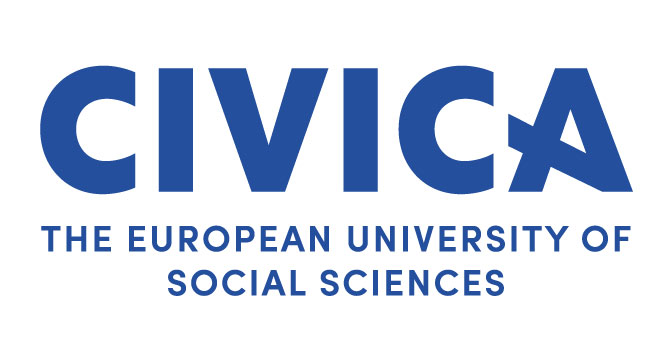Home>Webinar: The Social Impacts of Confinement

30.04.2020
Webinar: The Social Impacts of Confinement
Since mid-March 2020, most of Europe has been under confinement: many sectors of production have come to a halt, and much of the service economy has been shut down. There is no doubt that the economic impacts will be enormous for most sectors, but on a societal level, who is hit the hardest by the confinement measures?
In this webinar, researchers Anke Hassel (Professor of Public Policy at the Hertie School of Governance) and Bruno Palier (CNRS Director of Research at Sciences Po, Director of LIEPP) present their analyses of the consequences on the labour market and social policy decisions taken in Germany, France and Europe more broadly in response to the pandemic.

Anke Hessel © Hertie School / Bruno Palier © Sciences Po
Researchers Anke Hassel and Bruno Palier demonstrate how existing socio-economic divides between women and men and between generations have been reinforced during this crisis. Bruno Palier advances explanations on how jobs in the healthcare sector became low-paid in the first place - due not only to the societal effect where women have lower salaries than men - but also because of policies that sought to cheapen the costs of this labour, outsourcing, the liberalisation of labour markets, and competitiveness strategies.
But will this crisis prove that “essential jobs” - i.e. jobs for which people must still go to work despite the health risk and the confinement measures - deserve more protection, higher salaries, and a better place in our societies in the future? Anke Hassel suggests that in order to better protect those who are the least protected in a situation such as this coronavirus pandemic, the attention of governments and societies must shift.
Watch the full replay:
The Social Consequences of the Confinement - 7 avril 2020 from CEN SciencesPo on Vimeo.
This webinar is brought to you by CIVICA, the European University of the Social Sciences.
